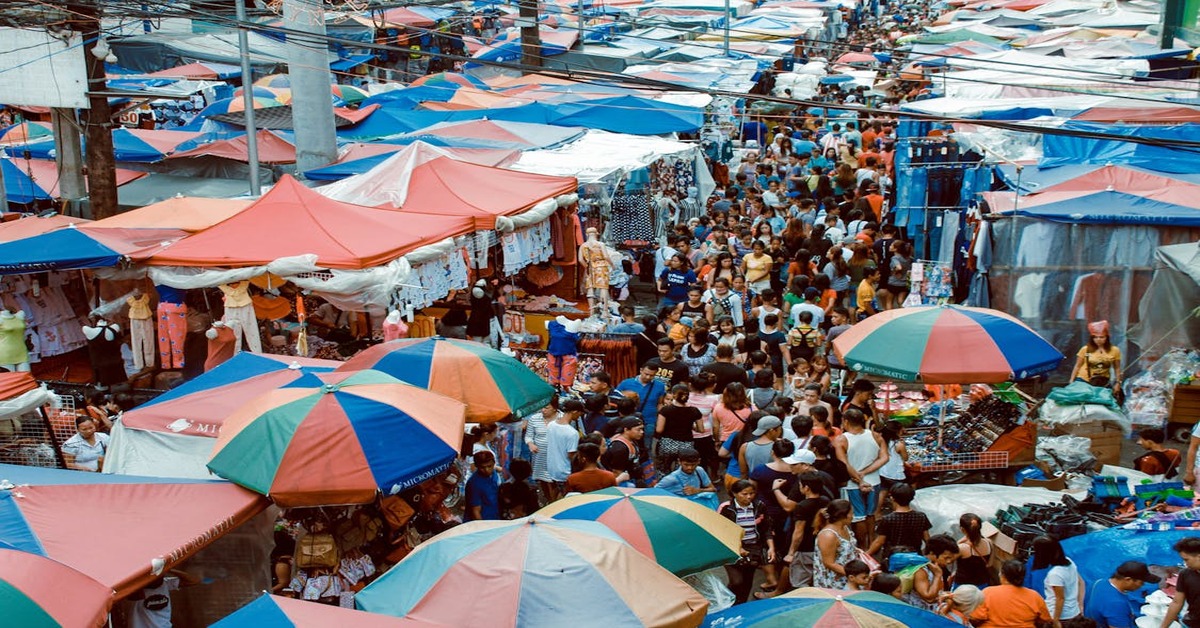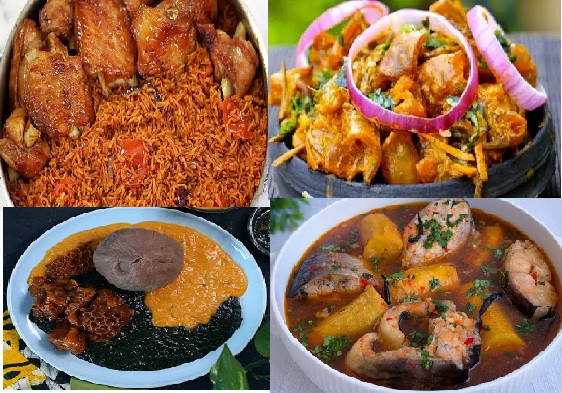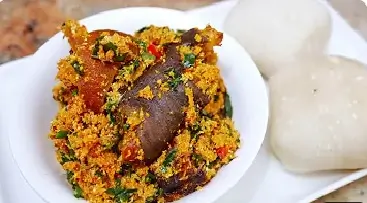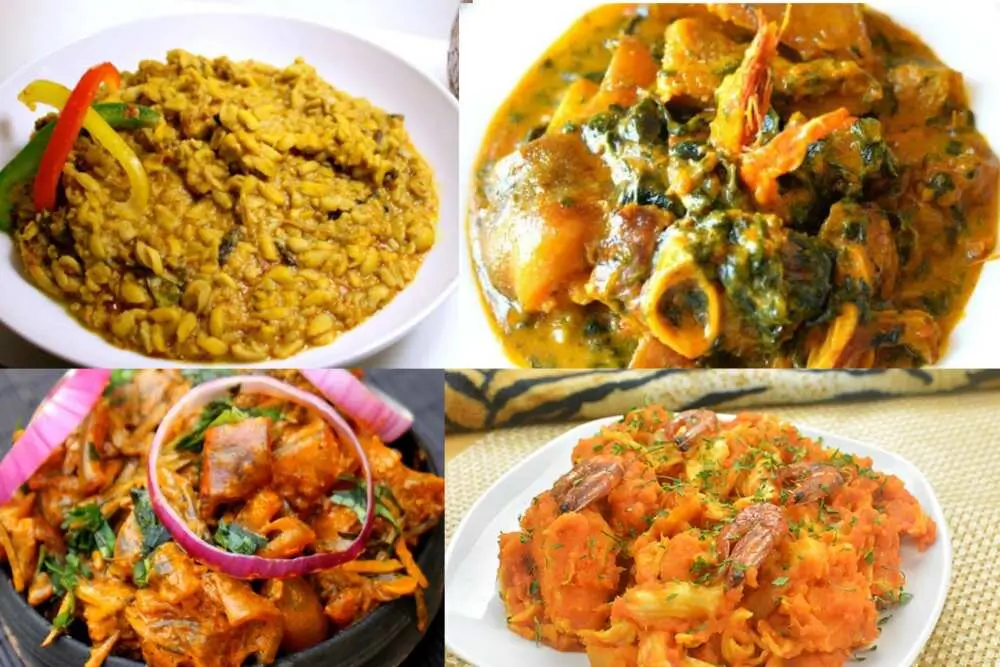If you’re visiting and want to see the real Nigeria, start in Abuja’s lively markets. These markets are more than just shopping places. They are the heartbeat of the city, full of energy with every bargain and friendly handshake.
Let me share something about these Nigerian markets – they’re not just for buying your foodstuff and other goods. They’re where people share news and stories as quickly as they exchange money and where you can find everything from the newest fabrics to traditional remedies that promise to fix anything from minor aches to heartbreak.
In this article, I’ll show you the top markets in Abuja for tourists. You’ll learn where to find all sorts of food and valuable items. So, let’s get started!
Exploring the Best Markets in AbujaTop Tourist
Now, let’s explore the best markets in Abuja, hopefully you’ll find what you’re looking for here:
1. Utako Ultra Modern Market
The first stop on our market tour is Utako Ultra Modern Market. Don’t let the fancy name fool you – it’s as down-to-earth as they come. Located in the Utako District, this market is easier to find than your lost slipper in the morning. Hop in a taxi, tell the driver “Utako Market,” and before you can say, “I love jollof rice,” you’ll be there!
What makes Utako special? Well, imagine a place where you can buy a live chicken, get your hair braided, and pick up some second-hand designer jeans – all within a stone’s throw of each other. That’s Utako for you! It’s known for its various range of goods, from fresh produce to electronics.
Utako Market might not be as old as your grandpa’s stories, but it’s seen its fair share of Abuja’s growth. Established in the early 2000s, it’s like the cool, young cousin of traditional markets – modern enough to have some structure but still wild enough to give you that authentic Nigerian market experience.
2. Dutse Market
Next in our lineup is Dutse Market. Situated in Dutse Alhaji, this market is open on Mondays and Saturdays, so be sure to plan your visit accordingly to avoid missing out on the experience.
Dutse Market is renowned for its traditional goods. From hand-woven baskets to specific spices used in Nigerian cuisine, you can find it all here. It’s like going on a treasure hunt where each stall could reveal a gem of Nigerian culture.
Visit Dutse Market early in the morning to avoid the heat (trust me, Abuja can get hotter than pepper soup) and to experience the freshest produce and the liveliest bargaining sessions. It’s like a morning show, but instead of coffee, you’re fueled by the aroma of suya spices and fresh bread.
3. Madalla Market
Now, let’s take a little trip to the outskirts of Abuja to Madalla Market. It’s technically in Niger State, but it’s so close to Abuja that it’s like that neighbour who’s always at your house – it might as well be family! This market is huge, sprawling, and a bit chaotic – just how we like it! However, the market has recently been shut down, and it may be reopened.
Madalla is the go-to spot for bulk buying. It’s where retailers come to stock up, so you know the prices are lower than a limbo dancer at a Nigerian wedding. The fruit and veg section here is particularly impressive – you’ll find tomatoes so red they’ll make your phone’s camera weep.
Madalla Market is only open on Thursday, so you’ll get the value for your money if you have a very good bargaining power. You’ll find traders from all over Abuja and its environs here, each bringing a slice of their home culture and product. It’s like taking a road trip across Nigeria but without the potholes and overzealous police checkpoints!
4. Karmo Market
Karmo Market is what I like to call the “Jack of all trades” of Abuja markets. Located in Karmo District, this market has more variety than a Nollywood movie plot. From second-hand clothes (or “okrika” as we call them) to fresh fish that’s still doing the backstroke, Karmo’s got it all.
Now, listen up because this is important: bargaining at Karmo is an art form. Start by offering half the stated price, then work your way up. And remember, a smile and a bit of pidgin English can go a long way. Try saying, “Abeg, no be so” (Please, that’s too much) with a smile, and watch the prices drop faster than a yam rolling down a hill.
Hungry? Karmo’s got you covered. Look out for the aunties selling akara (bean cakes) and pap. It’s the breakfast of champions and the perfect fuel for more shopping. And if you’re feeling adventurous, try the suya (spicy grilled meat) – just be prepared for a fire in your mouth that no amount of “I’m a tourist” pleading will extinguish!
Recently there has been demolition of illegal structures and shops at the market, so don’t be surprised if you don’t find your favourite store when next you visit the market
5. Garki International Market
Alright, fancy pants, ready for something a bit more upscale? Welcome to Garki International Market. This is where Abuja flexes its modern muscles. It’s like the market decided to put on a suit and tie but kept its comfy native slippers on.
Garki is where you go if you’re looking to buy cloths or any fabrics at all in Abuja markets. It’s the place to go if you want to buy some designer perfume and a traditional Nigerian outfit on the same trip. Talk about a fashion market in the heart of Abuja!
The best part about Garki? Once you’re done shopping, you’re right in the heart of Abuja’s entertainment district, talk about convenience and the ease at which to access the market.
6. Gudu Market
Situated in the Gudu District, this market is surprisingly well-organized. It’s as if someone took a typical Nigerian market and gave it a makeover on one of those home organization shows.
Gudu is famous for its speciality sections. There’s a dedicated area for auto parts (as in Nigeria, we prefer to revive old cars rather than buy new ones) and another section renowned for its tailoring services. Need a custom-made outfit for that upcoming wedding? Gudu’s got your back – quite literally!
Here’s a tip for navigating Gudu: befriend a regular. While the market may be organized, it still needs to be bigger to lose your way in. Look for a friendly face (there are plenty) and ask for directions. Nigerians love helping lost tourists – it gives us a chance to showcase our local knowledge and have fun with foreign accents!
7. Wuse Market
Wuse Market – the granddaddy of all Abuja markets. Located in the middle of the city, Wuse is to Abuja what Times Square is to New York, minus the billboards and a whole lot more yams. Wuse market is the biggest market in Abuja, and when you don’t find what you want in the market, you may not find it anywhere else in Abuja Markets.
Wuse is where you go when you don’t know what you want, but you know you want something. It’s got everything from traditional fabrics to the latest gadgets. Need a new phone? Check. Want some fresh palm oil? Double-check. Looking for someone to interpret your dreams? Well, you might find that too!
Wuse Market is older than some of Abuja’s roads. It’s seen the city grow from a glorified construction site to the bustling capital it is today. Shopping here is like taking a crash course in Abuja’s history – don’t expect a certificate at the end of it!
8. Kado Fish Market
Kado Fish Market is a dream place for anyone who loves fish. It’s located in the Kado District in the Gwarinpa area of Abuja, and it has all types of seafood that are extremely fresh – it feels like the fish could almost jump at you!
What’s great about Kado? You get free cooking lessons! The sellers there love to share how to cook their fish, teaching you Nigerian seafood recipes for no cost. Just be prepared to buy more fish than you thought you would because they know how to persuade you with their charming sales talk.
9. Maitama Farmers’ Market
If you’re a fan of fresh fruits and vegetables, then the Maitama Farmers’ Market is the place for you. It’s not just a market; it’s a Saturday morning social event for Abuja’s health-conscious crowd. You can find everything from organic vegetables to fresh fruits, and other produce you’re looking for here.
One cool thing about the Maitama Farmers’ Market is that it directly supports local farmers. By shopping here, you’re not just getting fresh produce; you’re also helping a farmer send their kids to school. How’s that for feeling good about your vegetables?
Be sure to keep an eye out for seasonal specialities at Maitama. Depending on when you visit, you might find mangoes so sweet that you’ll not be actually able to describe the taste or cassava so fresh it practically jumped out of the ground that morning.
10. Gosa Market
Last but not least, we’ve got Gosa Market. If you want to experience a truly local, rural Nigerian market, Gosa is your spot. Located at Airport Road, it’s a local market that has anything you’re looking for if you live around the area.
Gosa is the place to go for unique crafts and artisanal goods. Want a hand-carved mortar and pestle? Also, you can find any other type of foodstuff or farm produce that you’re looking for at the market.
The best thing about Gosa? There is a section for whatever you’re looking for, from chicken and meats to vegetables and fruits; you’ll find them all in this market. Ensure that you ask someone for directions so that you save time searching for what you’re looking for.
Final Words
Finally, don’t forget that shopping in these markets is a two-way cultural exchange. Yes, you’re learning about Nigerian culture, but you’re also sharing a bit of your own. Don’t be shy – chat with the sellers, share stories, and who knows? You might just make some lifelong friends while buying what you came for.
So that’s some of the best markets in Abuja. Which one are you going to visit soon? Make sure you safeguard your valuables when going to any of the markets. Also, ensure you go with someone who is familiar and can navigate the market. Check out Top Beautiful Places to Visit in Abuja




